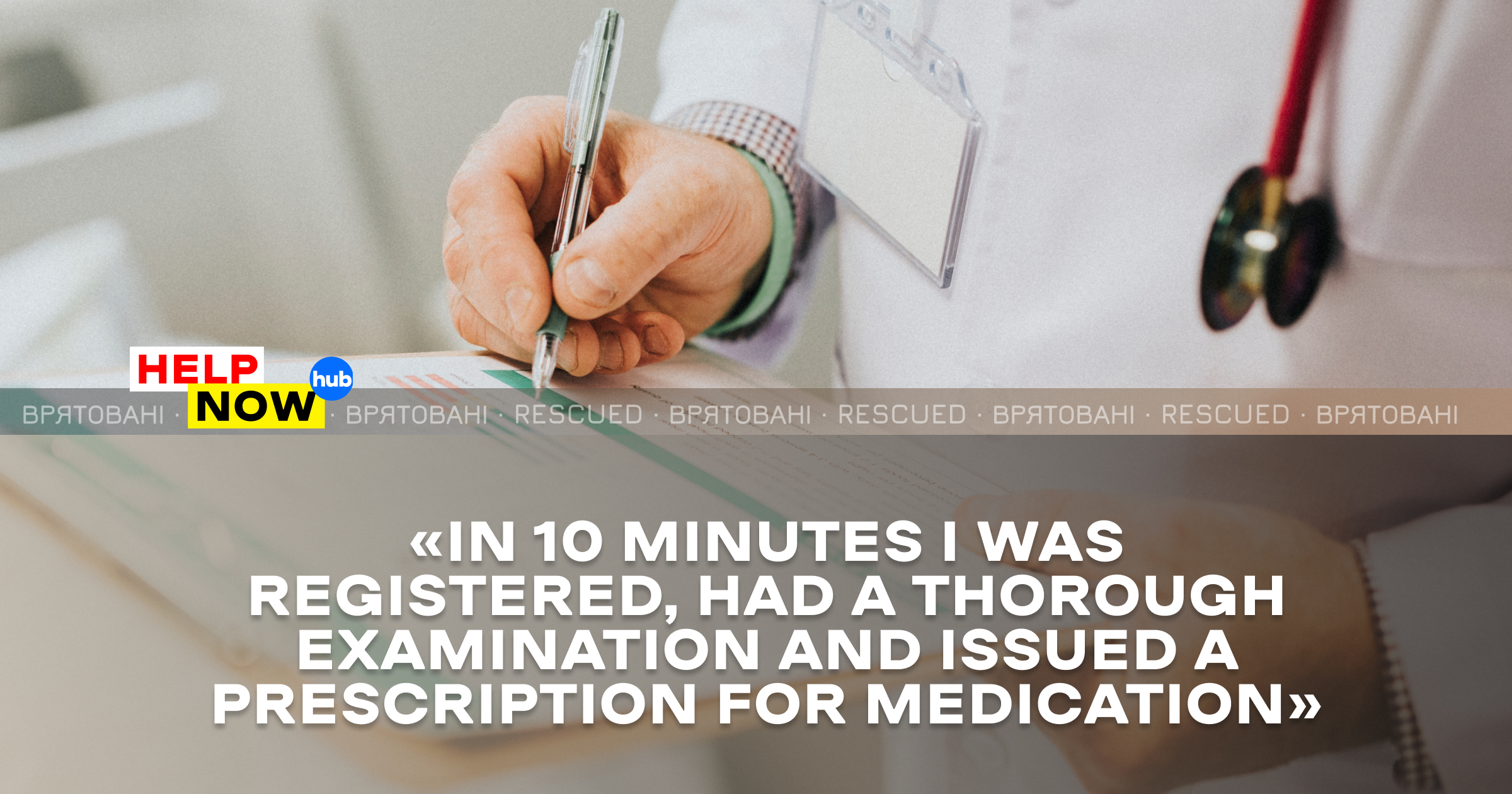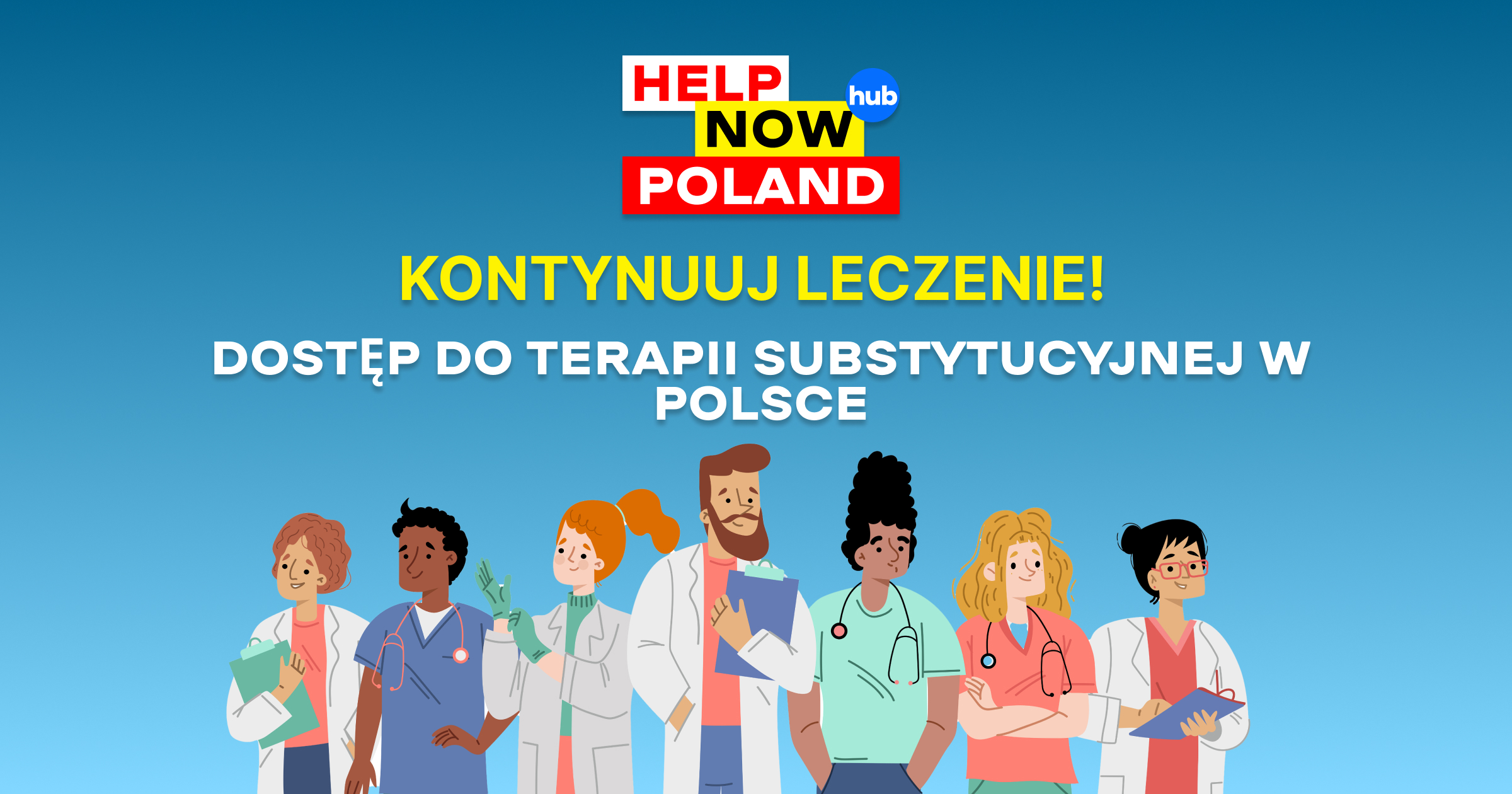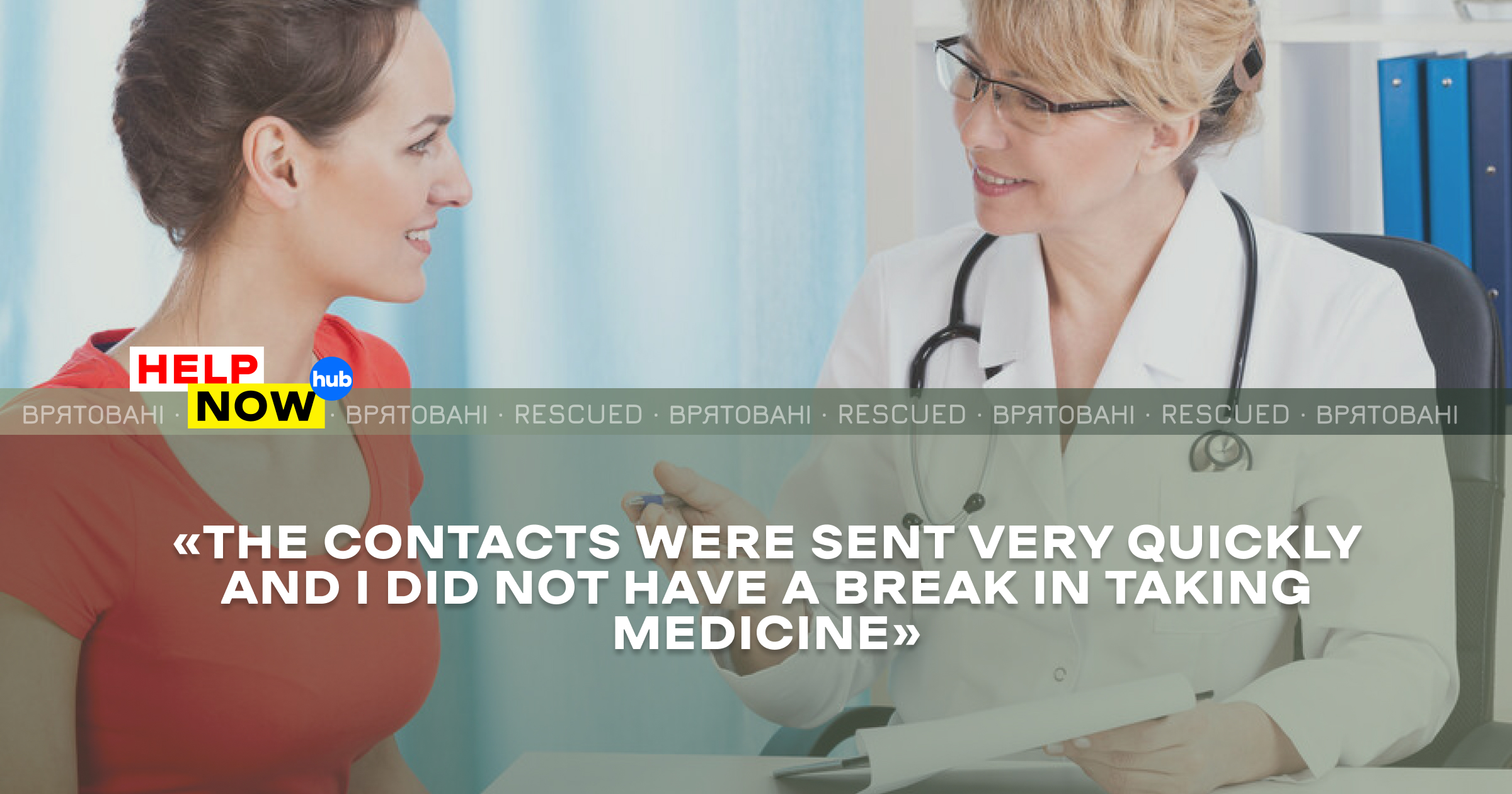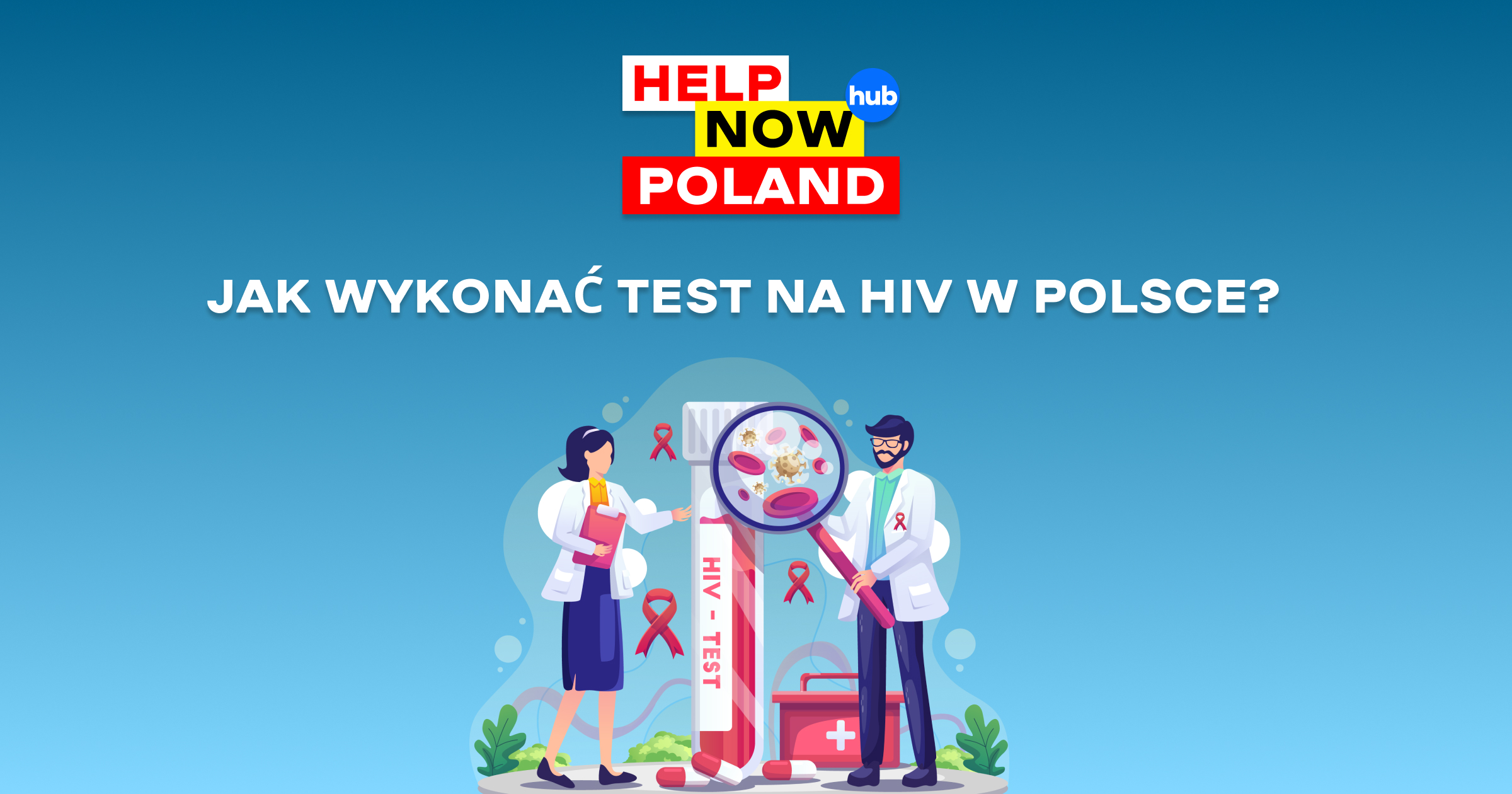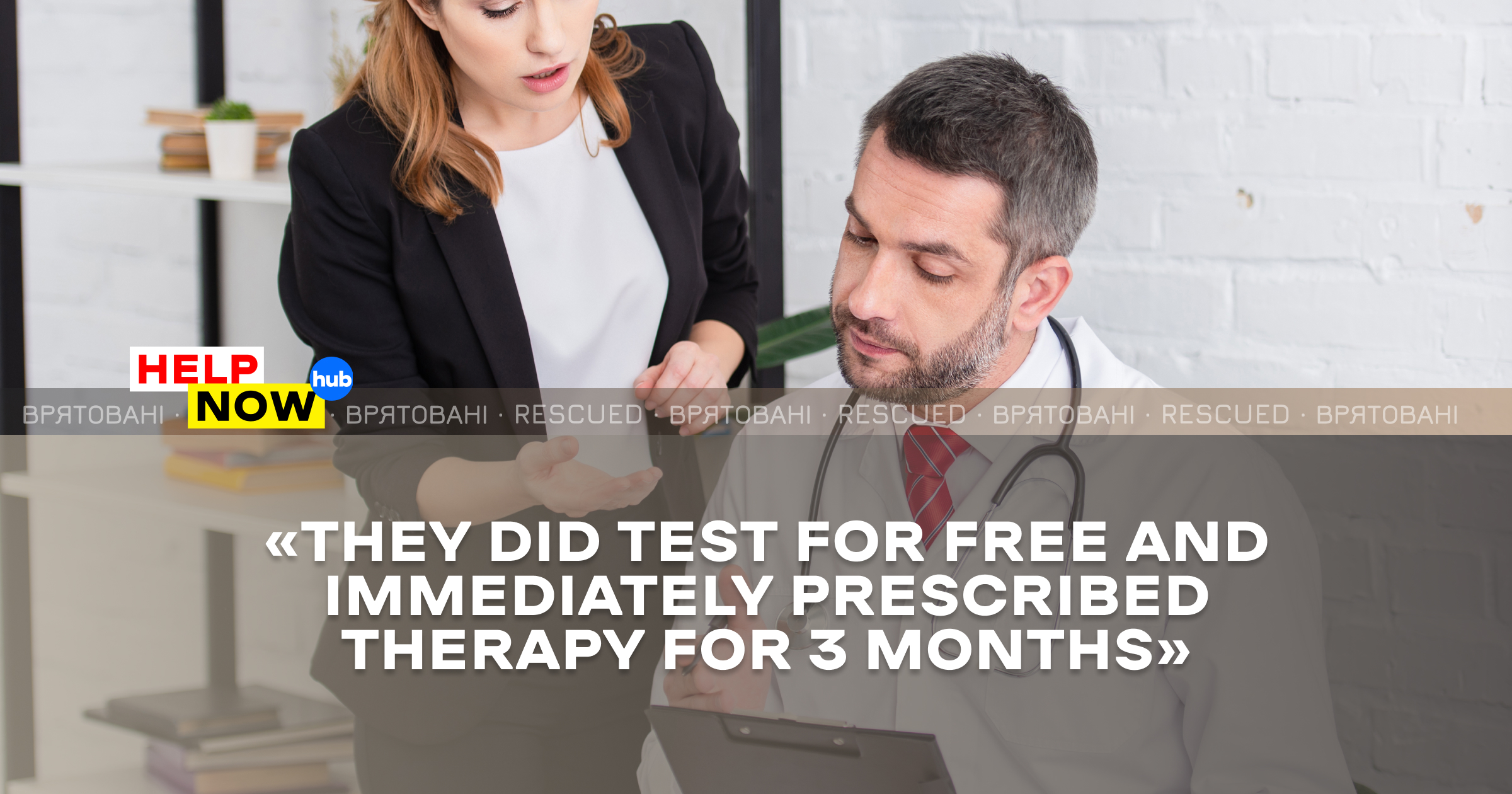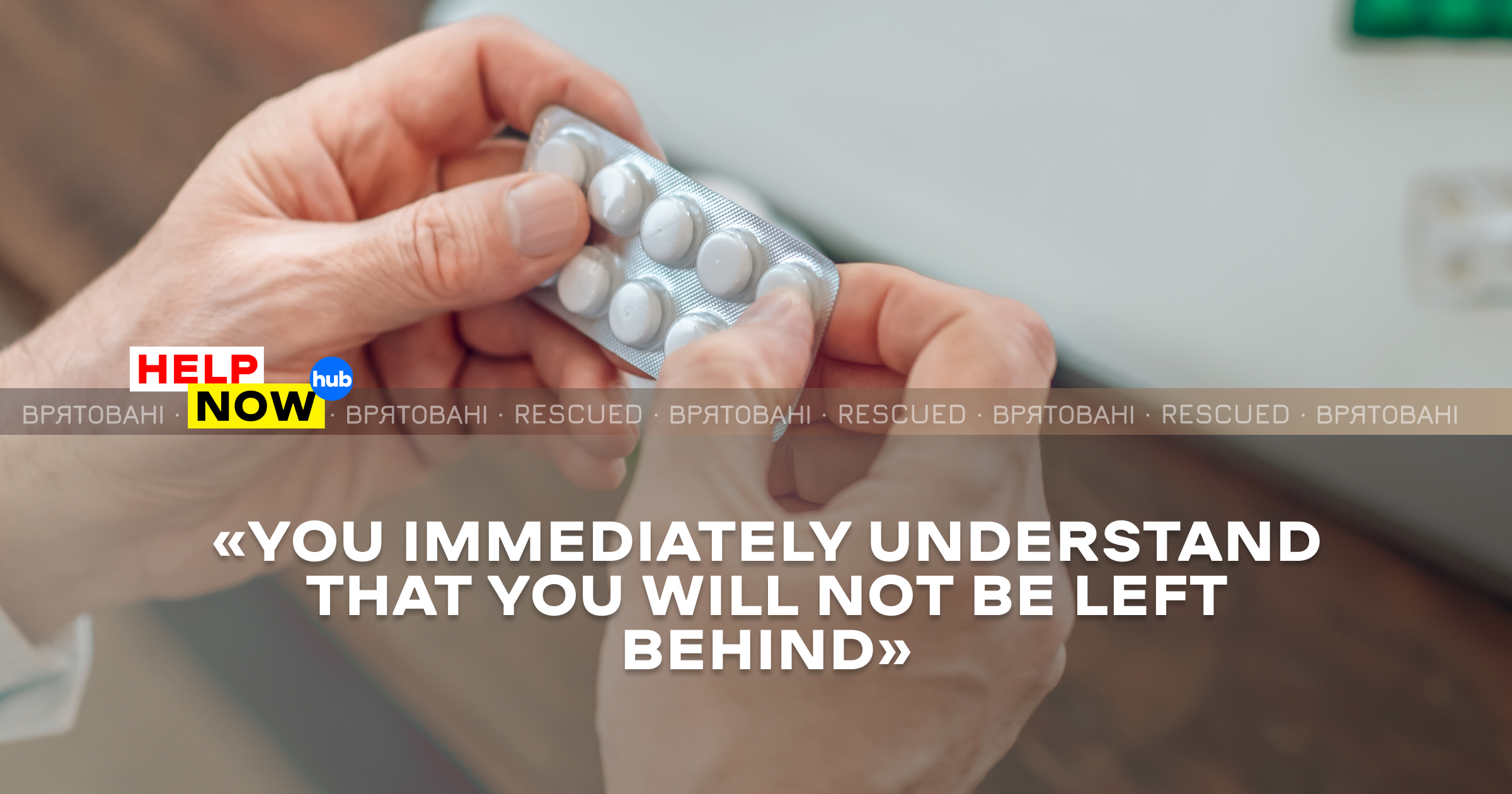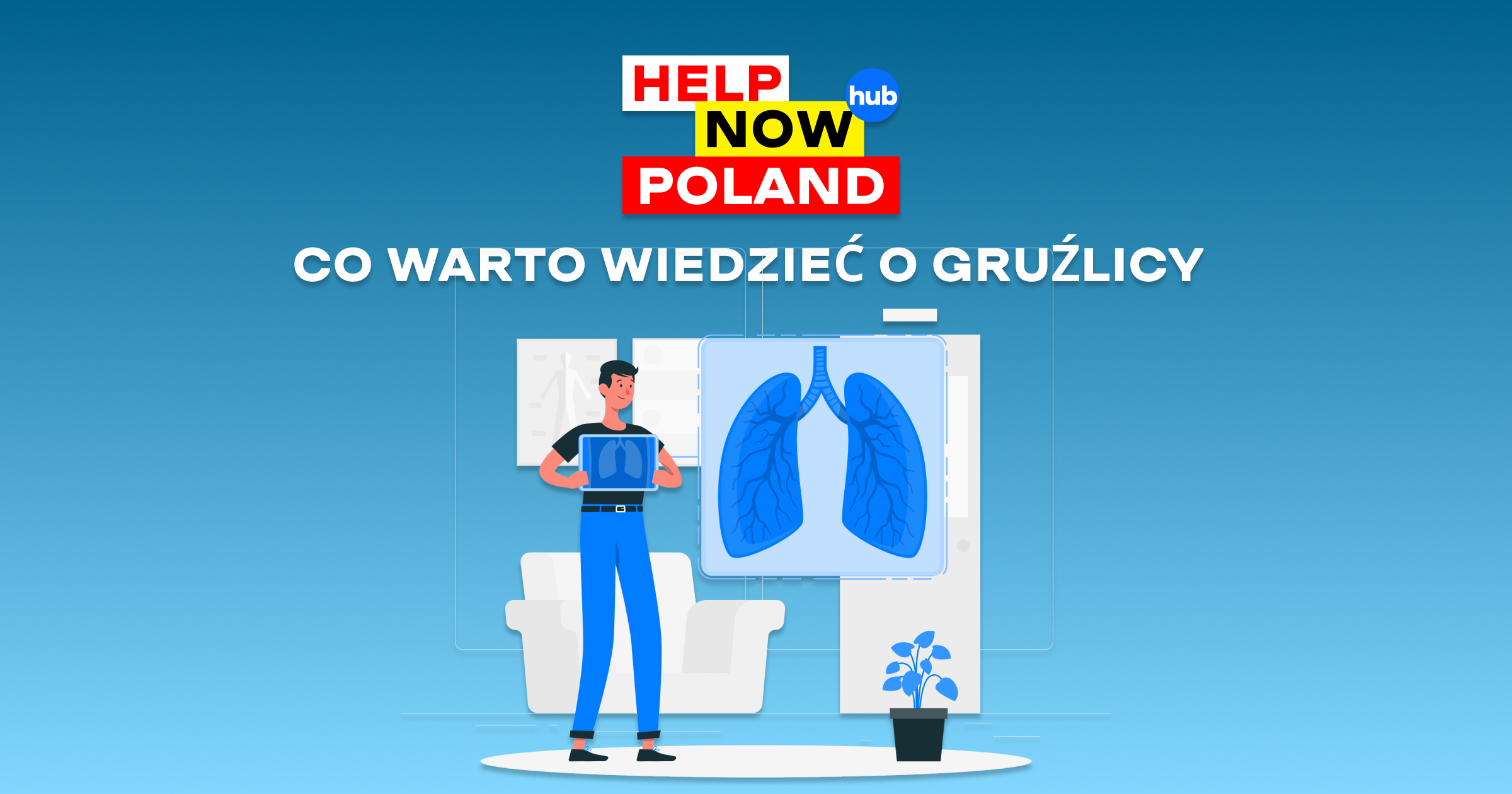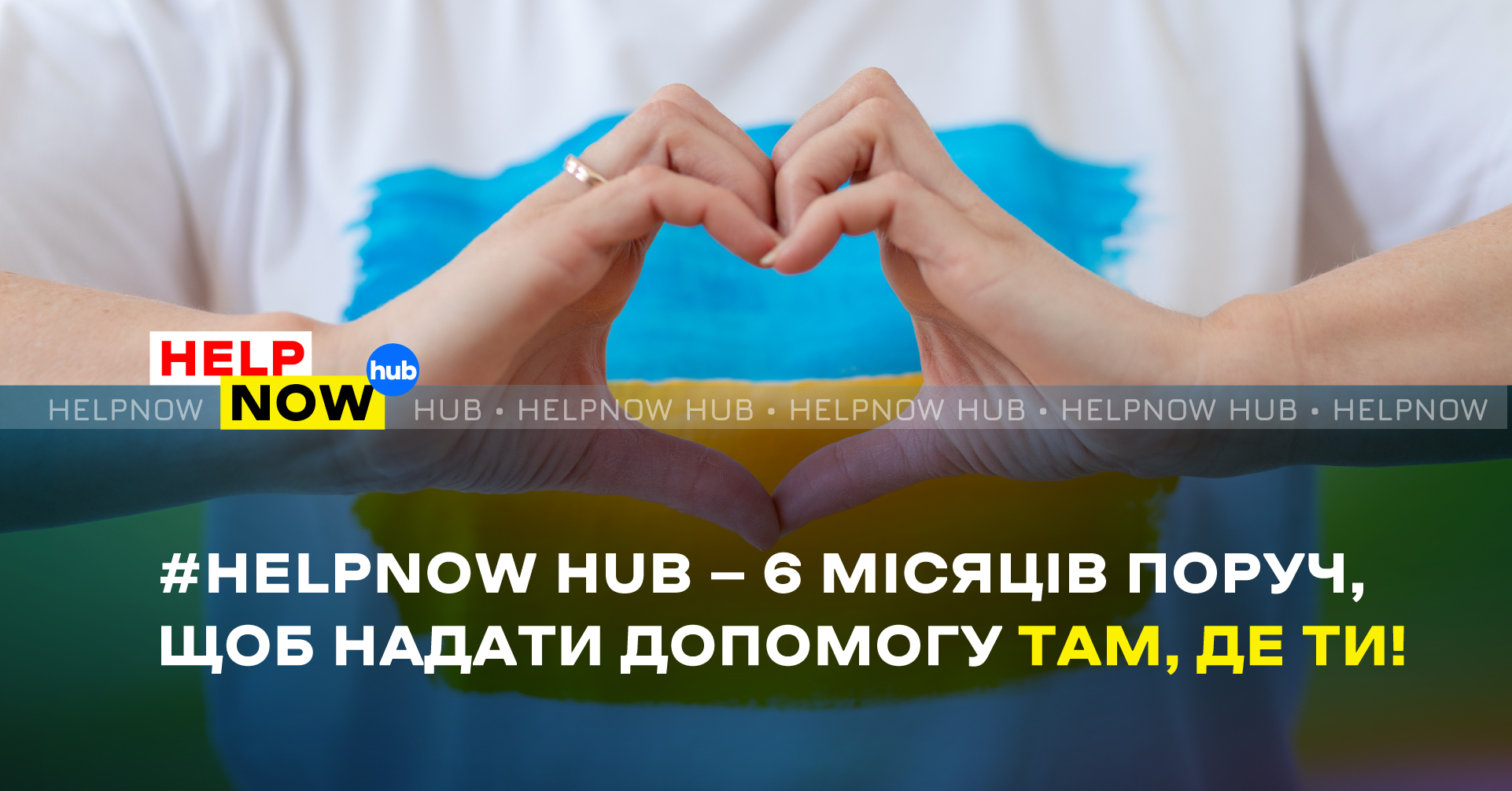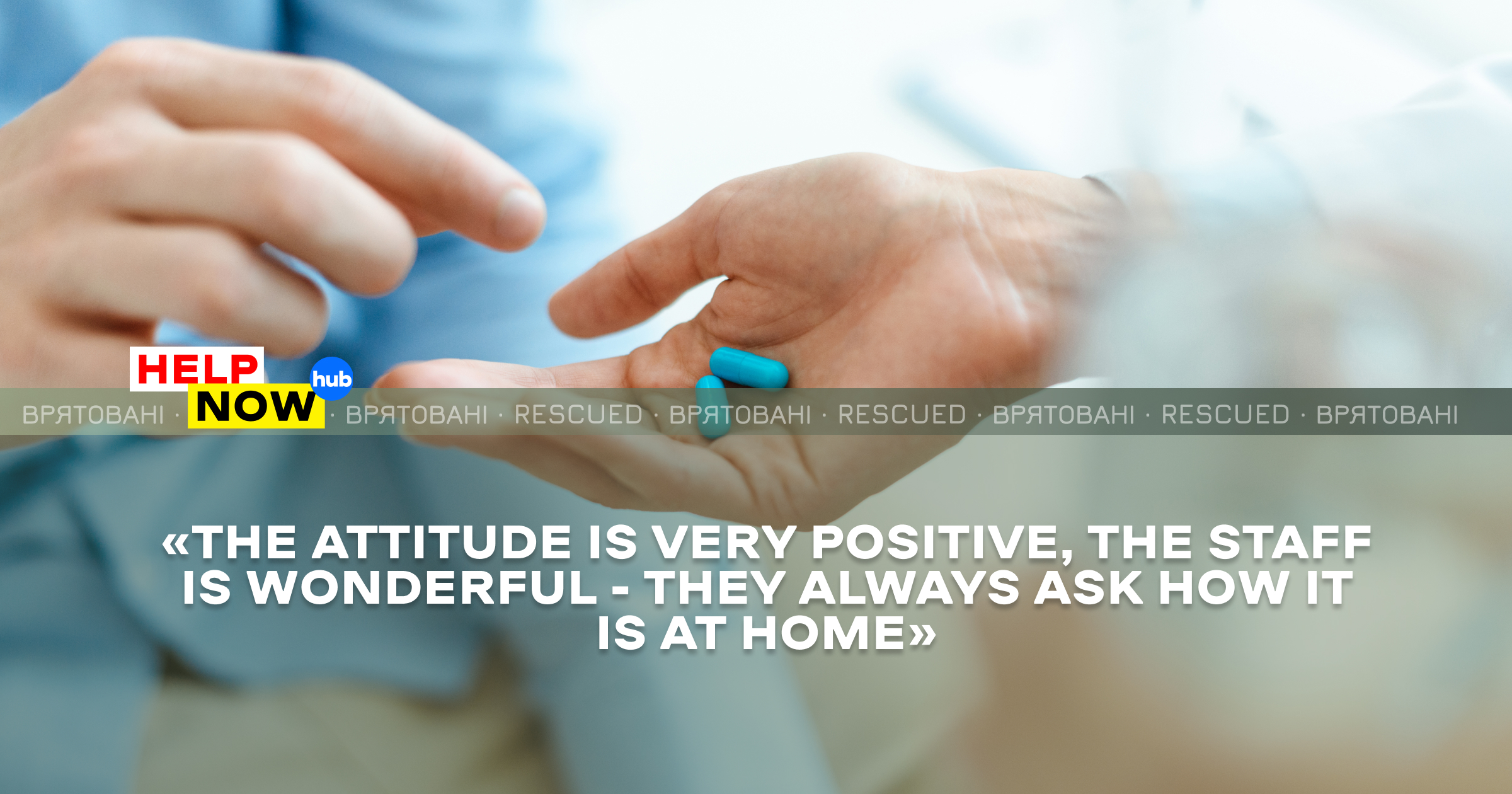At the time of our conversation, Anton (name changed) from Kyiv was supposed to be in France due to heart problems. After the surgery, he was recommended to fly there, the local doctors in Ukraine could not help him. It so happened that the man ended up in Germany.
The road was long: at home, before moving, Anton was also a client of a substitute therapy site – first a private one, then he switched to a state one. Before leaving Kyiv, the doctor gave him therapy for 30 days. The man expected that this would definitely be enough – the journey through Poland was supposed to take no more than a week, but instead, he stay there in the refugee camp lasted almost two months. Anton admits that he was prolongating his treatment and only hoped that he would find ways to get OST as soon as possible.
The man heard about the HelpNow service from his psychologist back in Kyiv, and he sent the contacts. Anton applied for information and had all the data within a day. Then the process went quickly – the team of the German hub organized an appointment with a doctor, in parallel, the man took care of documents and medical insurance. “The registration took me 9 days. Everyone says that it is fast, but I think the reason is that I did not leave this question and dealt with it daily. I can’t say anything bad about the therapy and medical care itself – in 10 minutes I was registered, had a thorough examination and issued a prescription for medication. Now I go for it every day, and in the case of clean tests in the last weeks, I will be able to receive it for a longer period. I would also like to note that it feels like everyone is trying to help you. Yes, there is a language barrier, but if they hear English, even if it’s bad, and you also comply with their requirements, a number of questions will disappear. Attitude on the level. Thank you for your advice and help!”

